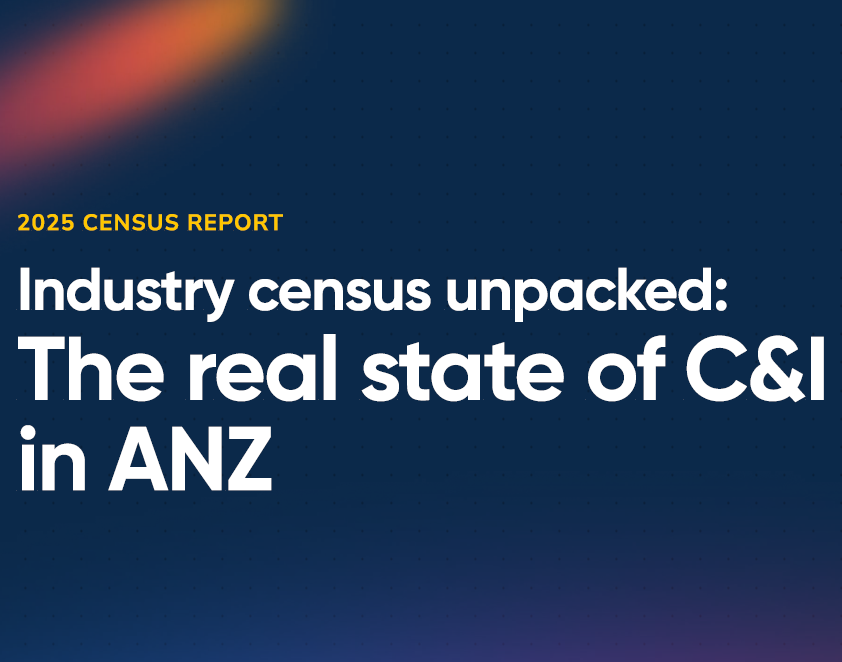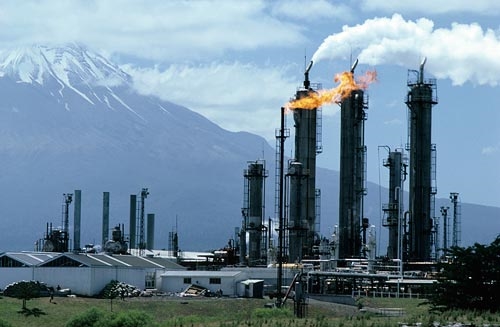Installing solar power for your home or business is a huge step towards reducing your monthly power bills and enabling a cleaner, greener future for the next generation. To ensure you’re making the most out of your solar power system, it’s a great idea to invest in solar storage batteries - but how much do solar batteries help? How long can you rely on them to power you through dark nights and periods of high demand?
How is solar energy stored?
Sometimes, a solar power system generates more electricity than a household or business uses and you end up with a surplus.
If this happens, there are two options. You either a) sell it back to the grid or b) store it for later use.
While some people like selling their extra power back to the grid, the reality is that this isn’t the most efficient way to use your solar power. It’s much better to use it yourself, as the profit you get from selling solar power doesn’t match how much you’d save if you just used it.
Instead, many solar users have solar storage batteries in which to keep their extra power. These batteries are topped up whenever you have a surplus, and then released when the solar panels aren’t generating enough power to keep up with demand at the time. Think sudden power spikes when lots of appliances get turned on, or when you need power when the sun isn’t shining (e.g. night time).
This way, you get to enjoy your clean, green energy for longer.
How long does stored solar energy last?
The biggest two factors that affect how long stored solar energy lasts are a) how big the battery is and b) how much electricity you’re using.
Solar battery size
Solar batteries come in a wide variety of different sizes. Lots of battery systems are modular as well, so more batteries can be added as necessary.
The bigger the battery, the more energy it can store and generally, the longer it will last.
Electricity use
The more energy you’re using, the faster the electricity from the batteries will deplete.
Remember that it’s unlikely your electricity use will stay the same over any period of time. As you switch appliances on and off, your electricity demand will increase and decrease, and so the amount of power drawn down from your batteries will change as well.
Can a solar battery lose charge over time?
If you’re noticing that your battery is losing charge even when you don’t have any devices drawing power from it, don’t panic. This is a normal part of battery operation.
All batteries, from AAA batteries to truck batteries, will discharge over time. The same is true for solar batteries. Higher quality batteries will typically discharge more slowly, but if the battery isn’t regularly charged from the panels, it will still eventually deplete completely.
Don’t panic! Your ZEN solar system is designed so that your batteries will be regularly topped up so you can enjoy your solar energy for longer.
What if my solar batteries are depleting faster than usual?
Solar batteries that are depleting faster than you’ve come to expect may have one (or several) of these issues:
- Overheating. Temperatures outside of the recommended range can result in faster internal discharging, especially if you’re using lead-acid batteries.
- Poor maintenance. Some solar systems have battery banks that must be checked every 6 to 12 months for wear and tear by a professional. ZEN systems use online monitoring to keep an eye on your batteries 24/7, so they generally don’t require regular onsite maintenance.
- Increased load. Over time, your energy demand may increase. If you don’t increase your battery capacity equivalently, this can put too much strain on your existing system.
- Damaged inverter. Issues with a solar system’s inverter (which convert the DC power from the panels into usable electricity) can result in charge capacity problems in a connected battery.
- Frequent full discharge. Fully discharging a solar battery - that is, using it until there is 0% charge left - can damage it permanently. ZEN systems include a control device to ensure that batteries don’t fully discharge.
One important term to keep in mind when considering solar batteries is ‘depth of discharge’. This refers to the percentage amount of a battery that has been discharged relative to its total capacity. It’s important because if you exceed the depth of discharge limit for your battery system, you can damage the battery’s charge capacity.
Here’s an example. If you have a lead-acid battery with a 50% depth of discharge limit, you can only use half of the battery capacity at once before you risk damaging it.
Most modern lithium-ion batteries, including the ones we use in our systems, have a far higher depth of discharge limit- usually 80% to 90%. This means you have a far lower chance of damaging your batteries if you have a sudden spike in demand.
What happens to solar power when the batteries are full?
If you experience a high-generation and low-demand day, you may find that your batteries are filled to full capacity.
At this point, the power will be sold to the grid for pure profit.
However, as mentioned, this is not the most efficient way to use your power. If you find this is happening frequently, it may be worthwhile to invest in expanding your solar battery bank in order to store more power and enjoy your free electricity for longer.
For more information, check out our dedicated guide to solar energy storage.




